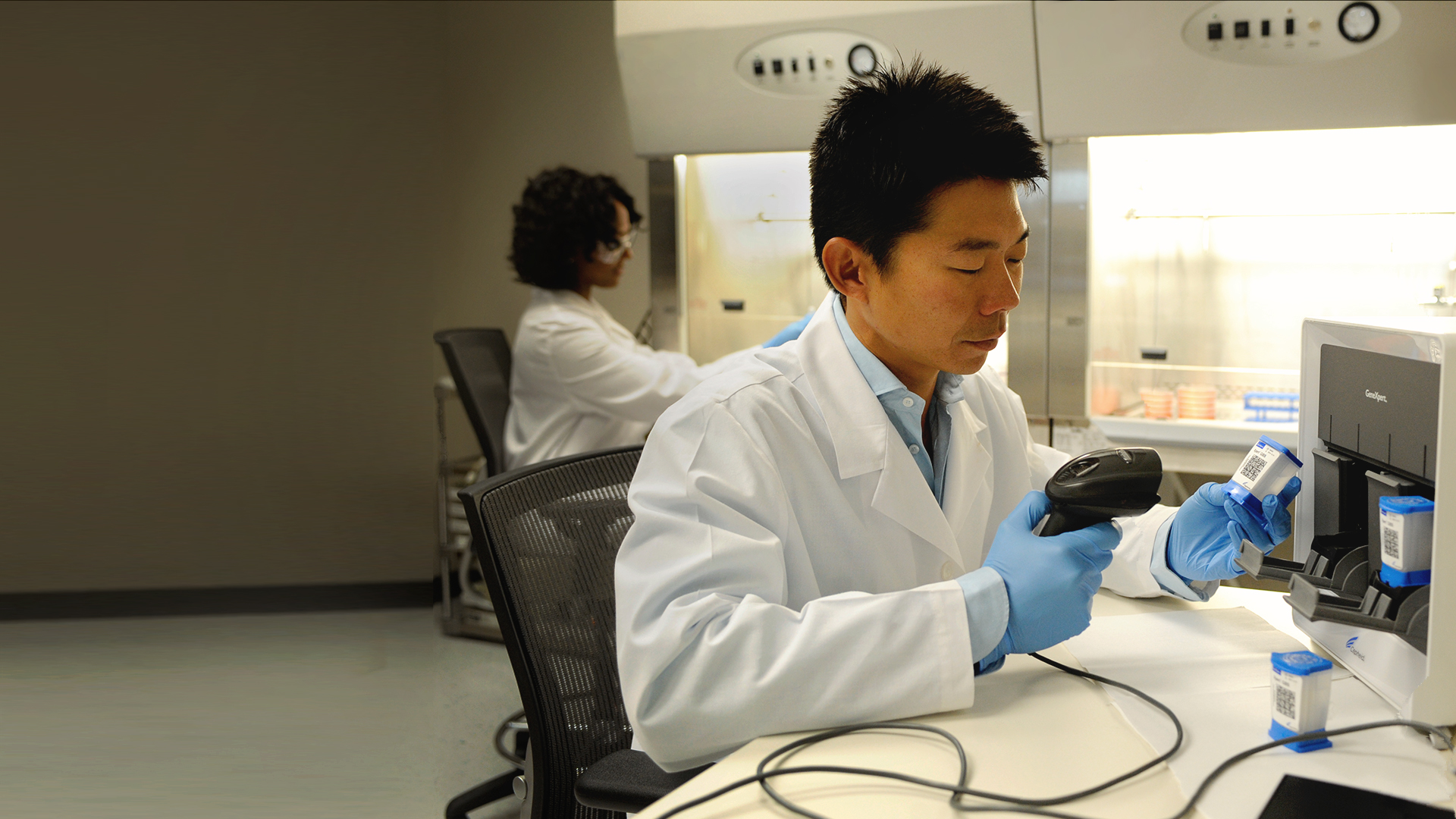Faster Access To Better Quality Results
Making Molecular Testing Fast, Easy & Flexible
We’re striving to help you deliver better care in less time. Only Cepheid’s GeneXpert® System is equipped to provide fast, high-quality results wherever and whenever you need them.

Meet our Game-Changing Platform
With over 36,000 installed systems worldwide, the GeneXpert System is the most popular sample-to-answer PCR testing system. See how it’s helping clinicians everywhere make a more positive impact.

The GeneXpert® System: How Does it Help You Deliver Better Care?
Delivering better care begins with using the best technology. See how Cepheid’s GeneXpert cartridge technology is paving the way for more innovative medicine.


Florence, Italy — Using Cepheid's Xpert® Carba-R for CRE surveillance
Carbapenem-resistant Enterobacteriaceae are having a considerable impact on medical facilities. See what leading healthcare professionals in the region are doing to have a positive impact.

Meet our Game-Changing Platform
With over 36,000 installed systems worldwide, the GeneXpert System is the most popular sample-to-answer PCR testing system. See how it’s helping clinicians everywhere make a more positive impact.

The GeneXpert® System: How Does it Help You Deliver Better Care?
Delivering better care begins with using the best technology. See how Cepheid’s GeneXpert cartridge technology is paving the way for more innovative medicine.

Thierry Naas – French National Reference Center for Antibiotic Resistance

Florence, Italy — Using Cepheid's Xpert® Carba-R for CRE surveillance
Carbapenem-resistant Enterobacteriaceae are having a considerable impact on medical facilities. See what leading healthcare professionals in the region are doing to have a positive impact.
Simplification of testing and treatment in the quest to eliminate hepatitis C infection
Globally, 71 million people are living with hepatitis C virus (HCV) infection, but the burden of HCV continues to increase. Between 2015 and 2030, WHO targets include reducing new HCV infections by 80% and HCV deaths by 65%, and increasing HCV diagnoses from <20% to 90% and the number of eligible persons receiving HCV treatment from <10% to 80%. To achieve these targets, targeted interventions are needed to enhance HCV testing, linkage to care, and treatment (“the HCV care cascade”). This presentation reviews available evidence on strategies that have been successfully used to enhance HCV testing, linkage to care.
Early diagnosis of HIV and use of molecular Point-of-Care HIV testing as part of a comprehensive strategy to end HIV transmission
In this webinar, Dr. Larissa May discusses the diagnosis of sexually transmitted infections in the Emergency Department, the need for evidence-based medicine, and how same-visit treatment and management can be facilitated with on-demand testing for CT/NG.
Bringing Molecular Testing Closer to the Patient
Over the past 20 years, there has been a continuous shift toward the decentralization of clinical laboratory testing. With recent advances in the speed and accuracy of point-of-care tests, it is now possible to bring molecular infectious disease testing closer to the patient. This webinar explores the benefits of molecular point-of-care testing as a means of improving patient outcomes and quality of care. Currently available testing methods are reviewed, with an emphasis on the importance of lab testing in the era of performance-driven healthcare.
The Neglected STI: Trichomonas vaginalis
Among US women ages 14-49 the prevalence of Trichomonas vaginalis infection is estimated to be 2.3 million, though 85% of women found to have trichomoniasis report no symptoms. With varied complications such as increased risk of HSV-2/HIV acquisition, pelvic inflammatory disease and pre-term birth it has become increasingly important to identify and treat these patients quickly. This webinar will explore the renewed interest to screen and diagnose T. vaginalis in women. It will examine current testing methods available and provide updates regarding treatment options.

Cepheid GeneXpert® Systems

Tests









